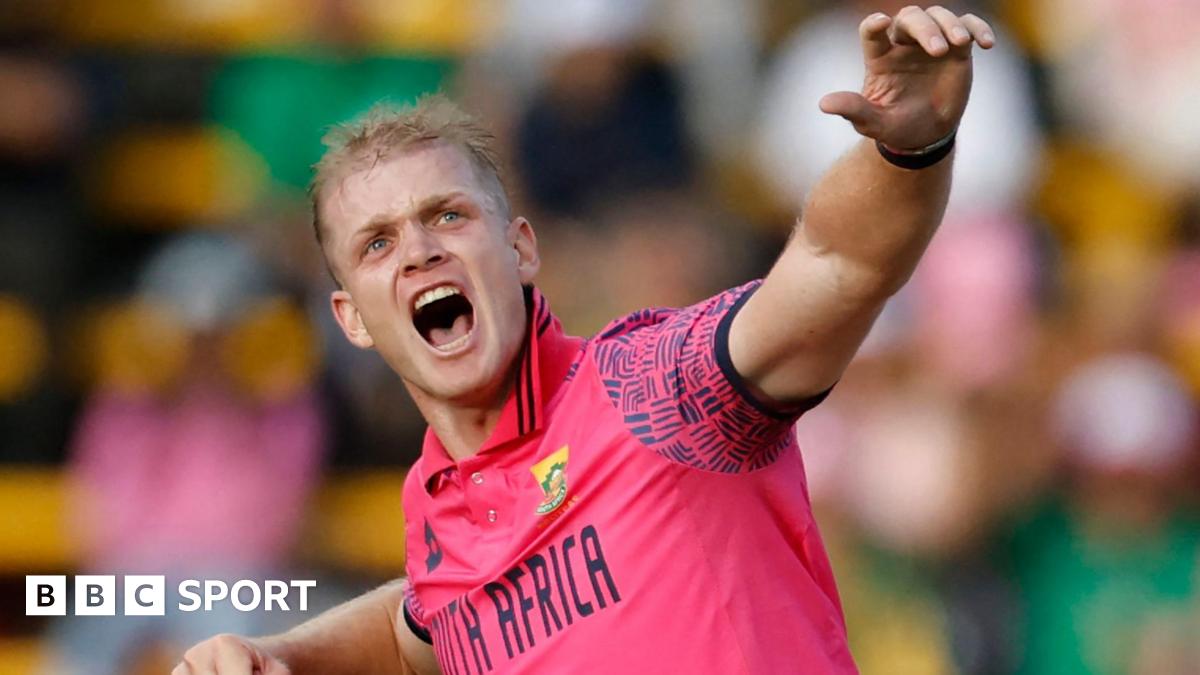Is family time affecting team bonding on tours?

Mumbai: A section of the Indian cricket board (BCCI) has sought to limit the time players get to spend with their families during tours.
This was a suggestion debated by board officials during their recent review meeting with the India team management following the 3-1 Test series loss in Australia. If BCCI decides to implement this, the players’ partners and family will not be able to stay with them for more than two weeks on a tour that lasts over six weeks.
Behind the move is a school of thought that the constant presence of families on tour limited the scope of team bonding beyond practice hours. “The married players preferred to be left alone after training which resulted in no team dinners, often a melting pot for team culture. The younger players were on their own,” a team official told HT.
Following a 3-0 loss to New Zealand at home, India lost the five-Test series in Australia after going 1-0 up, resulting in the Border-Gavaskar Trophy changing hands for the first time in a decade. During the tour, questions were raised on the performance of Virat Kohli and skipper Rohit Sharma, who had to sit out of the fifth Test in Sydney due to lack of form. The batting failed repeatedly and some of the selection calls were also questioned.
At the review meeting on January 12, which was attended by Rohit and head coach Gautam Gambhir, a section of the BCCI officials said it should also be made mandatory for the players to travel together in team buses. Virat Kohli and Jasprit Bumrah travelled between cities in Australia separately with their families. Additionally, Gambhir’s personal assistant was also under the scanner for constantly hovering around the team environment.
Another BCCI official though said that the reason the Perth Test win wasn’t celebrated was because Gambhir had left home for personal reasons. “We did have a team gathering after the (drawn) third Test in Brisbane. When results go wrong, such reasons surface,” he said.
Indian cricket had been here before. The presence of family on tours is frowned upon and blamed as a distraction when results nosedive. Over the years, the board policy has shifted from no-families-on-tour to a two-week stay cap for families during a long tour to an initial wait before wives and children can join.
Interestingly, for the best part of India’s most successful phase in Test cricket in recent times — 2016 onwards, when Kohli and Ravi Shastri were captain and coach, the family clause was relaxed. Shastri recently said on Fox Sports how he made the call to a BCCI official that allowed Kohli’s then girlfriend (now wife) Anushka Sharma to join him on tour in 2015. Some of Kohli’s best performances came between 2016-19.
The WAGs (wives and girlfriends) on tour culture is common in other sports, and so is the outrage. Former England football team manager Sven Goran Eriksson had dismissed suggestions that the presence of WAGs had an impact on the team’s middling results in the 2006 FIFA World Cup. “That is a stupid excuse. Their presence had absolutely nothing to do with the football,” he had said.
The Australian cricket team had faced criticism for allowing WAGs on tour after they lost the 2005 Ashes series. Former Australia cricketer Matthew Hayden had a story to share. “On the 2005 Ashes tour I remember being called to what felt like a crisis meeting with coach John Buchanan ahead of the fifth Test at The Oval and being told it was going to be my last Test match. I can remember being horrified at the thought of my career ending. Leading into the match I got a knock on my hotel room door at 5.30am and there standing on my doorstep was my wife, Kellie, with our youngest son at the time, Joshua,” he wrote in a column on Fox. “I can tell you that meant everything to me — to know she was by my side in my first Test match, and she was going to be there for my last. I made 138 at The Oval and reignited my Test career.”
Following Shastri’s exit, Rahul Dravid too, as coach, saw no harm in families being allowed during a long overseas tour. “The problem may not be family presence on tour. But it’s true that the team culture has taken a beating and there is plenty of finger pointing within. It’s difficult to pinpoint why, but a lack of chemistry between Gambhir and captain Rohit maybe a major reason,” said a member of the team support staff.
Pay cuts unlikely
One radical suggestion discussed among board officials was performance-based pay and the introduction of pay cuts when players don’t do well. “The new office-bearers are mulling over many ideas. But it’s unlikely that there will be any pay cuts,” said one BCCI functionary.
“The recent Test match incentive scheme already rewards those making playing 11s and ones playing more Test matches with an annual performance bonus over others. Besides, the losing teams miss out on team bonuses.”
When India won the 2021 Border-Gavaskar Trophy in Australia, a cash reward of Rs5 crore was announced. After the latest loss, they are only brickbats and postmortems with careers at stake.
Related
‘Listen from one ear, ignore from the other’: Former India…
India's Rohit Sharma and Mohammed Shami (AP Photo) NEW DELHI: Former wicketkeeper-batter Syed Kirmani has expressed his opinion that experienced fast bowler Mo
India faces New Zealand in budding rivalry at Champions Trophy…
State AlabamaAlaskaArizonaArkansasCa
ICC and Unilever announce landmark partnership on International Women’s Day…
The two-year partnership, kicking off at this year’s Women’s Cricket World Cup in India and running until the end of 2027, marks the world cricket governing
IPL 2025: Mumbai Indians sign Corbin Bosch as replacement for…
Mumbai Indians have signed South Africa all-rounder Corbin Bosch as a replacement for his injured countryman Lizaad Williams for this year's Indian Premier Leag











